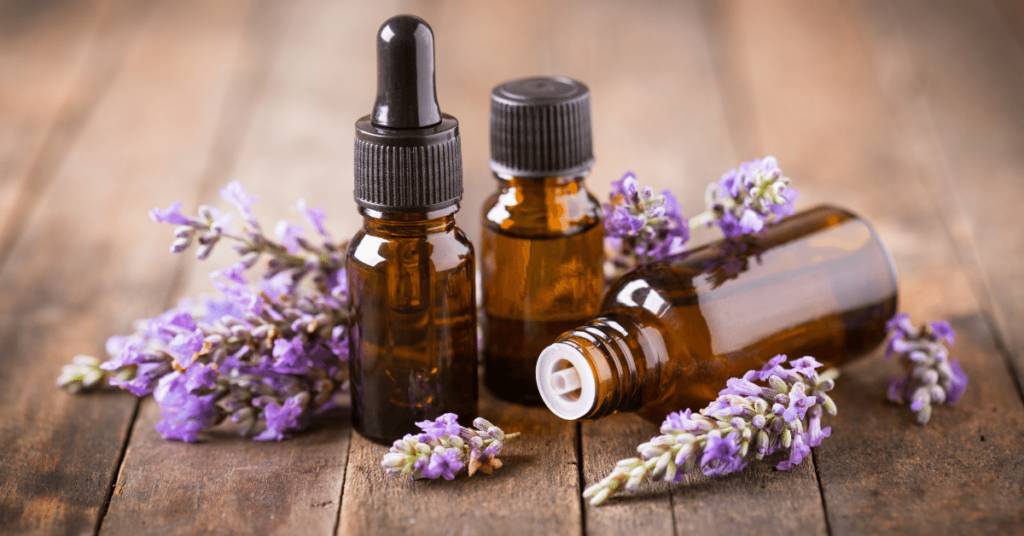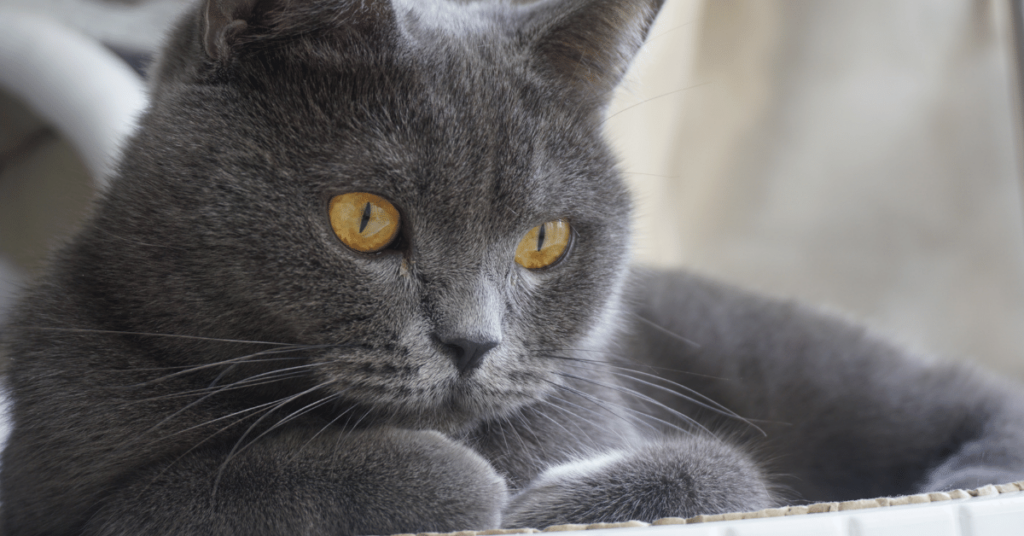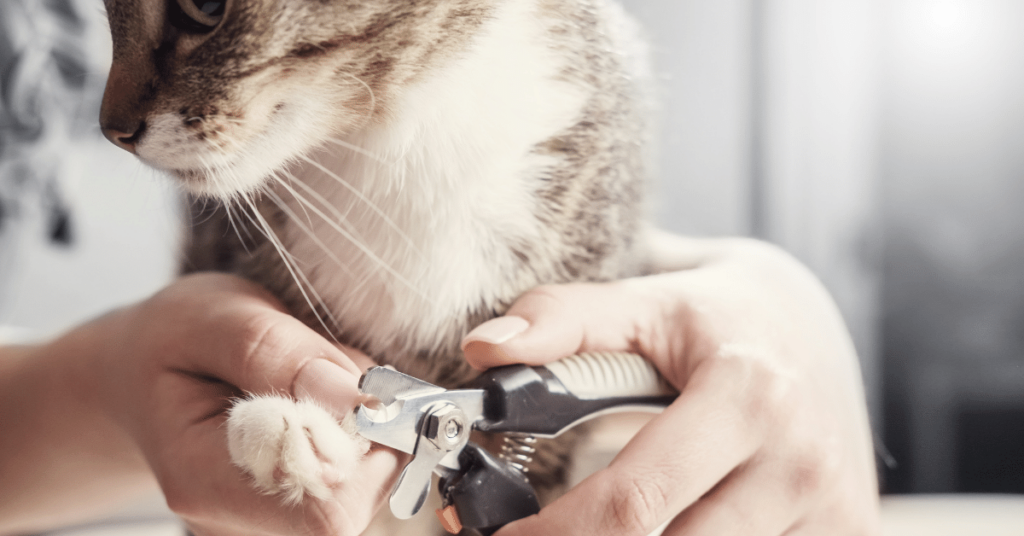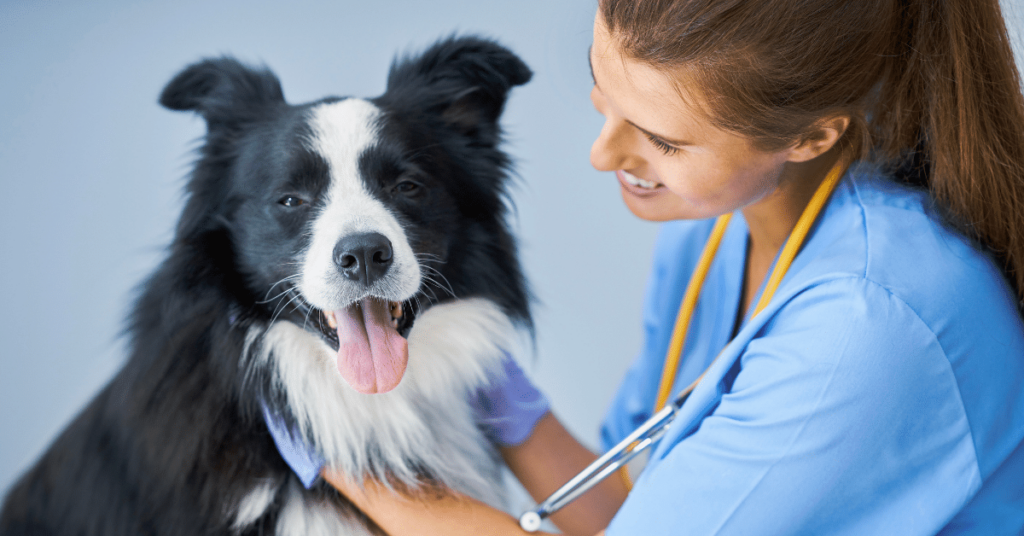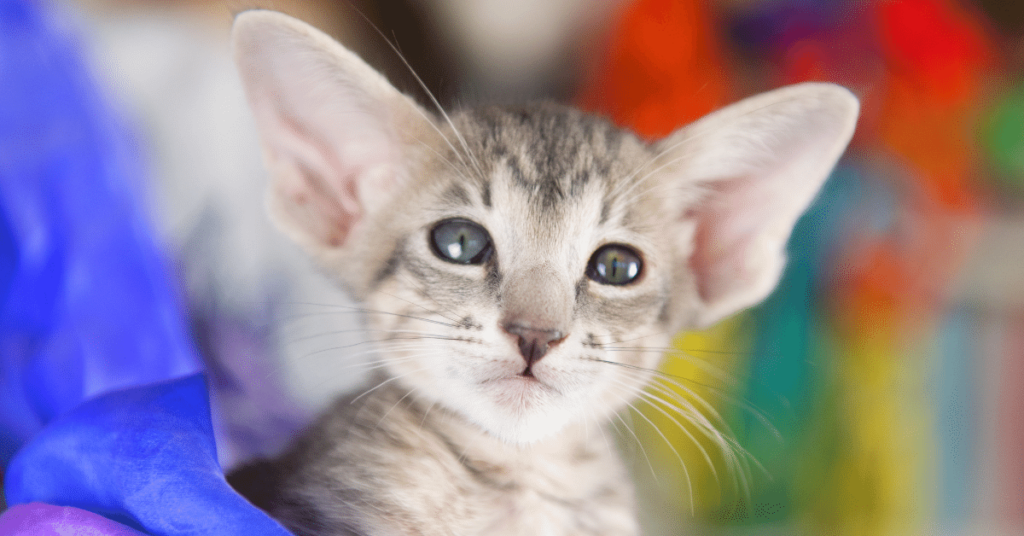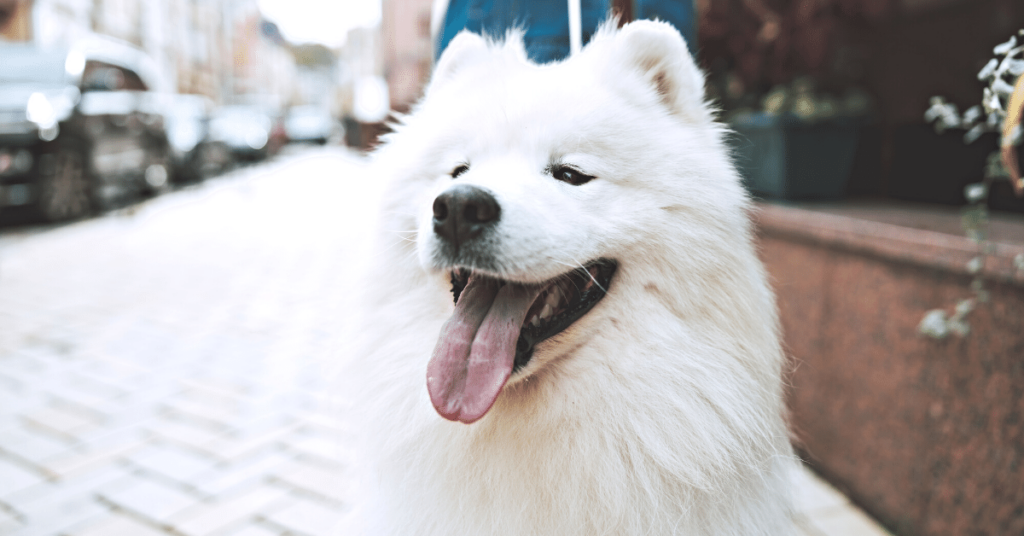Introduction
As pet owners, we are constantly seeking ways to provide the best care and support for our furry friends. Aromatherapy, the use of essential oils for therapeutic purposes, has gained popularity in recent years. But did you know that certain essential oils can also benefit our beloved pets? In this article, we will explore the benefits of using pet-friendly essential oils for aromatherapy and how it can improve the overall health and wellness of our furry companions.
What are Essential Oils?
Essential oils are highly concentrated plant extracts that capture the aromatic compounds of various plants. They are widely used in aromatherapy to promote physical and emotional well-being. Each essential oil has its unique properties and can offer a range of benefits.
Pet-Friendly Essential Oils for Aromatherapy
While essential oils can provide numerous benefits for humans, it is essential to approach their usage with caution when it comes to our pets. Some essential oils can be toxic or harmful to animals. However, there are specific pet-friendly essential oils that can be safely used for aromatherapy. These oils have been carefully selected and diluted to ensure they do not pose any risks to our furry friends. Here are a few examples of pet-friendly essential oils and their therapeutic benefits:
Lavender
Lavender is one of the most versatile essential oils and beneficial for both humans and pets. It is well-known for its calming properties, promoting relaxation and reducing anxiety. Using lavender essential oil in your pet’s environment can create a serene atmosphere and help alleviate stress.
Chamomile
Chamomile essential oil is another excellent choice for aromatherapy. It is known for its soothing properties and can be especially beneficial for pets dealing with skin irritations, allergies, or gastrointestinal discomfort. Chamomile oil can help reduce inflammation and promote healing.
Frankincense
Frankincense essential oil has powerful anti-inflammatory properties and can support overall immune health. It is particularly useful for pets with respiratory issues, arthritis, or digestive problems. In addition, frankincense oil can help promote mental clarity and relaxation.
Peppermint
Peppermint essential oil provides a refreshing and invigorating scent. It can help relieve nausea, aid digestion, and even deter pests. However, it is crucial to dilute peppermint oil properly as it can be too strong for pets, especially cats.
Eucalyptus
Eucalyptus essential oil is well-known for its respiratory benefits. It can help clear congestion and provide relief from coughing or sinus issues. Diluted eucalyptus oil can be diffused in a pet-friendly area to promote easier breathing and a soothing environment.
How to Safely Use Essential Oils for Pets
Before incorporating essential oils into your pet’s routine, it is crucial to follow certain guidelines to ensure their safety and well-being. Here are a few tips to keep in mind:
- Consult with a professional: It is highly recommended to seek guidance from a veterinarian or a certified aromatherapist who has experience with pets before using any essential oils on your furry friend.
- Dilute properly: Essential oils should always be diluted before using them on pets. The dilution ratio varies depending on the size and species of your pet. A general guideline is to mix 1-2 drops of essential oil with 1 ounce of carrier oil such as jojoba or coconut oil.
- Observe for any adverse reactions: Every pet is unique, and some may have sensitivities or allergies to certain essential oils. When introducing a new oil, start with a small amount and observe your pet’s response. If any adverse reactions occur, discontinue use immediately and seek professional advice.
- Avoid internal use: Never administer essential oils internally to your pets unless directed by a trained professional. Animals have different physiological systems than humans, and ingesting essential oils can be harmful.
- Use pet-friendly diffusers: If you choose to diffuse essential oils, make sure to use a pet-friendly diffuser. Certain diffusers can emit a concentrated amount of oil particles, which may overwhelm your pet’s senses or cause respiratory issues. Opt for diffusers specifically designed for pets or use alternative methods such as room sprays.
Summary
Pet-friendly essential oils for aromatherapy can offer numerous benefits for our beloved animals. Lavender, chamomile, frankincense, peppermint, and eucalyptus are just a few examples of essential oils that can promote relaxation, alleviate stress, soothe skin irritations, improve respiratory health, and support overall well-being. However, it is crucial to follow safety guidelines, consult professionals, and properly dilute the oils before using them on our furry friends. With the right approach, aromatherapy can enhance our pets’ quality of life and create a peaceful environment for them to thrive.

